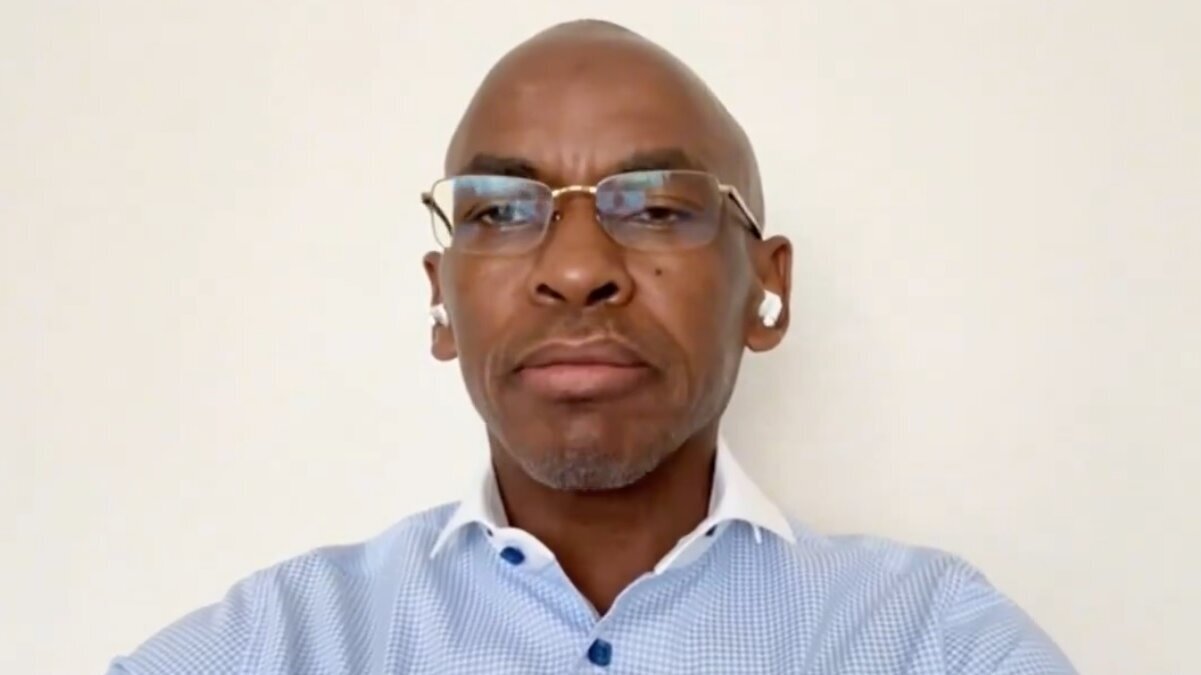Safaricom maintains it didn't sell out Gen Zs to police during protests

Safaricom CEO Peter Ndegwa. Photo/Videograb
Safaricom Chief Executive Officer (CEO) Peter Ndegwa has firmly denied claims that the telecommunications giant provided information to law enforcement authorities during the recent Gen Z protests in Kenya.
The allegations surfaced after protests, predominantly led by young people, erupted across the country in response to social, economic, and political concerns, leading to a wave of speculation about government surveillance.
The Gen Z-led protests, which gained momentum over the past months, were characterised by the active involvement of the country’s youths, who organised rallies, online campaigns, and demonstrations to demand better governance, job opportunities, and social justice reforms.
With the protests being largely coordinated via social media platforms and mobile communication services, rumors began to spread that Safaricom, the country's largest mobile service provider, had been sharing customers' private data with the authorities to aid in cracking down on activists and protest organizers.
Addressing these concerns, Dr Ndegwa dismissed the allegations in a statement, emphasizing that Safaricom operates under strict privacy policies and adheres to Kenyan laws governing the protection of customer information.
He reiterated that Safaricom does not share private data with any third parties, including law enforcement agencies, without following the proper legal procedures.
“There was a perception that potentially we (Safaricom) were giving out people’s information during protests. We've created an ecosystem that allows us to control what we have and we follow the Data Privacy Act of Kenya," Dr Ndegwa said.
“We would only release information if a court asks us to because there are many times where by law we would be required to release information,” the Safaricom CEO said.
He also assured the public that Safaricom is committed to fostering an open and free society, where Kenyans can express their opinions without fear of surveillance or interference.
Despite the official denial, concerns among the youth and protestors remain high, with many voicing fears about possible government overreach and surveillance during politically sensitive times.
Some activists claim that several protest organizers were arrested shortly after communicating through mobile networks, raising suspicions about how the police obtained information.
The allegations against Safaricom gained traction on social media, with many Kenyans expressing their worries about potential violations of their privacy rights.
The hashtag #SafaricomSurveillance began trending, further fueling debates on the role of telecom companies during civil unrest.
Several civil rights organizations have since called for more stringent regulations to ensure that mobile operators and tech companies are not complicit in government surveillance efforts, urging greater transparency on how personal data is managed and accessed by authorities.
As Kenya continues to grapple with social and political unrest, the intersection of technology, privacy, and governance remains a contentious issue.
While Safaricom has categorically denied allegations of data sharing with the police, the broader conversation about digital privacy, especially in times of protest, is likely to persist.
